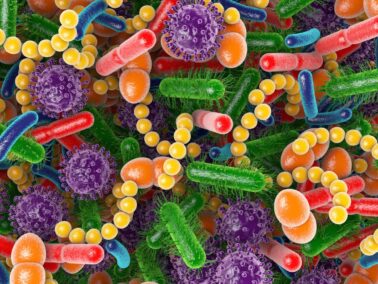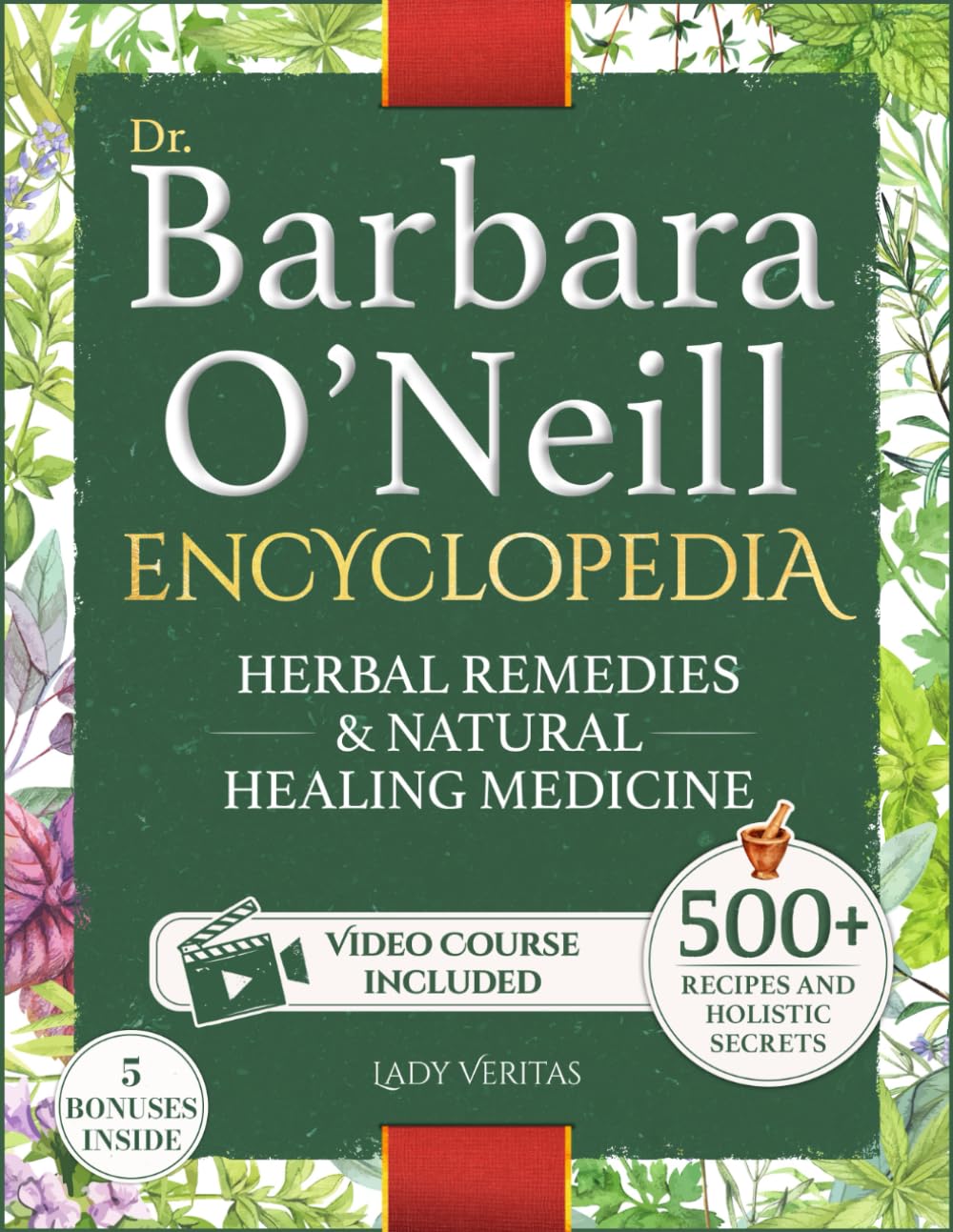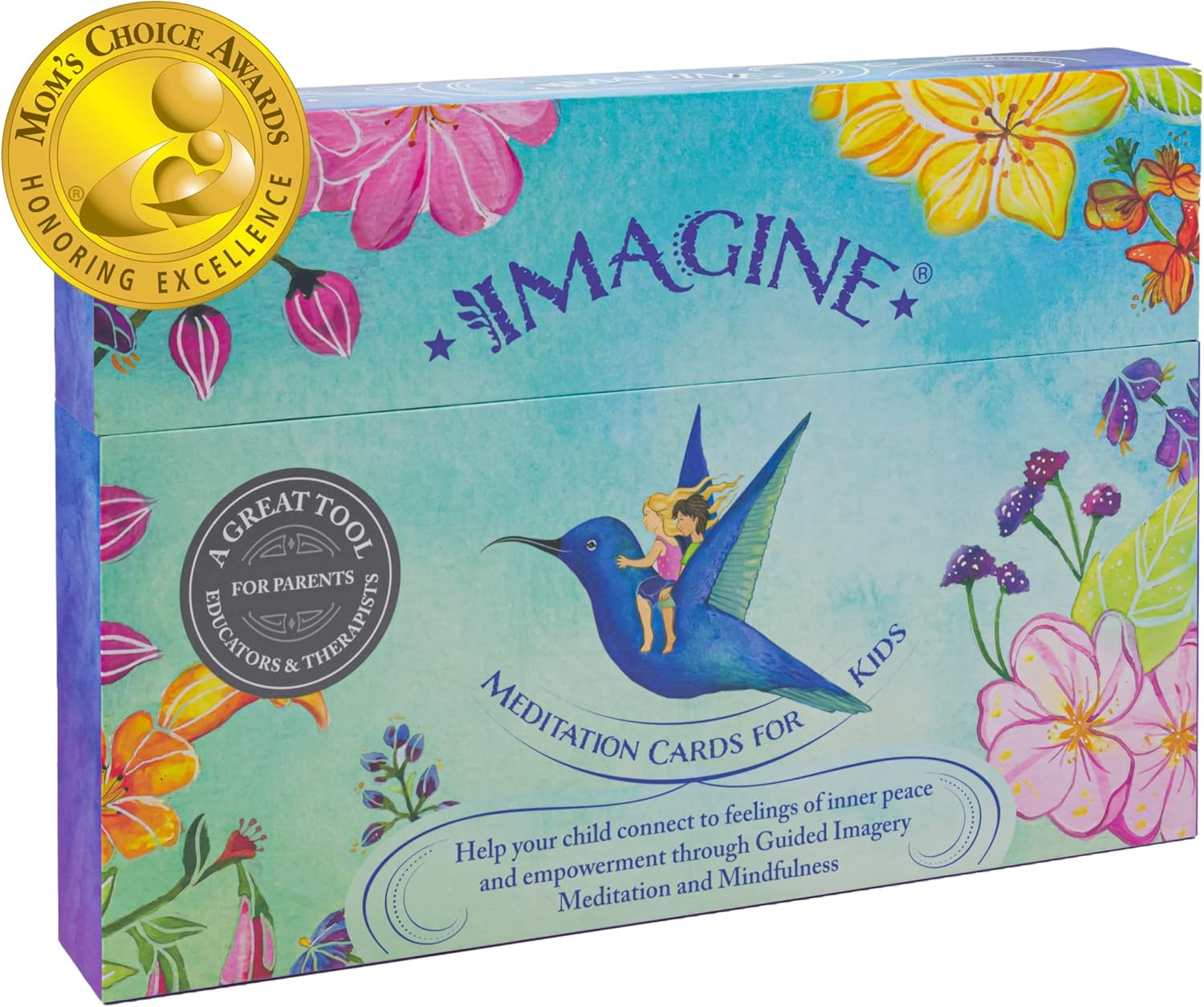Have you ever experienced a gut feeling or felt your stomach tie up in knots during moments of stress? It turns out there's more to this than just a saying – the connection between our gut health and overall well-being is a fascinating and intricate relationship that has been gaining attention in the wellness world. Our digestive system, often referred to as our second brain, plays a pivotal role not only in processing food but also in influencing our mental and emotional states. From mood swings to immune function, the gut has a profound impact on various aspects of holistic wellness.
Table of Contents
Understanding Gut Health
Introduction to the Gut Microbiome
The gut microbiome refers to the vast community of microorganisms, including bacteria, viruses, fungi, and other microbes, that live in your digestive tract, primarily in the large intestine. It forms a complex ecosystem that plays a crucial role in maintaining your overall health.
Role of Gut Bacteria in Digestion and Nutrient Absorption
Gut bacteria play a crucial role in digestion and nutrient absorption, turning our digestive system into a bustling community. When we chow down on food, these microbial residents help break down complex carbohydrates and fibers that our own digestive enzymes struggle with. As they feast on these indigestible bits, they produce byproducts like short-chain fatty acids and gases, which not only provide an energy source for our gut cells but also help regulate inflammation and support overall gut health. Moreover, these little helpers aid in the absorption of essential nutrients, like certain vitamins and minerals, ensuring that our bodies get the most out of what we eat. So, next time you enjoy a meal, remember that it's not just you at the dinner table – you've got trillions of microbial pals working behind the scenes to keep things running smoothly.
Impact of Gut Health on Immune Function
Your gut health and immune function are like best buddies, working hand in hand to keep you in top shape. Picture your gut as the frontline defense commander: it's not just digesting your lunch but also making strategic decisions about what's friend or foe. A healthy gut hosts a diverse community of microbes that acts as a sort of immune system training camp, teaching your body to recognize and tackle potential threats effectively. When your gut is happy and thriving, this training program runs smoothly, and your immune system stays sharp, ready to fend off invaders. On the flip side, an unhappy gut can lead to an immune system that's a bit sluggish or overly aggressive, potentially causing issues like inflammation. So, keeping your gut in good spirits by nourishing it with a balanced diet can go a long way in ensuring your immune system is ready for action when needed.
Gut-Brain Connection: Navigating the Pathways of Influence
Exploration of the Gut-Brain Axis
Think of the gut-brain axis as the ultimate information highway connecting your stomach and your brain. This dynamic duo communicates bidirectionally, meaning your gut talks to your brain, and your brain talks back. It's like a constant chat session via chemical signals and nerves. Your gut, armed with its army of microbes, sends messages influencing your mood, emotions, and even cognitive functions. Meanwhile, your brain, being the control center, can impact the balance of microbes in your gut. This connection explains why a case of butterflies in your stomach or a stressful day at work can affect your digestion. So, next time you feel a gut feeling or a brain fog moment, just know it's all part of this intricate conversation between your gut and brain, shaping both your mental and digestive well-being.
Influence of Gut Health on Mental Well-being and Mood
Picture your gut as the backstage crew for your mental blockbuster. The state of your gut health wields a surprising influence on your mental well-being and mood. Thanks to the bustling community of microbes in your gut, they're not just digesting your lunch; they're also sending signals to your brain, influencing your mood swings and overall mental harmony. A happy gut with a diverse microbial cast is like a symphony conductor, producing neurotransmitters that play a role in how you feel. On the flip side, an upset gut can send disruptive signals, potentially contributing to feelings of stress or anxiety. So, nurturing your gut with a balanced diet isn't just good for your waistline; it's like giving your brain a backstage pass to a smoother, more content performance.
Role of Serotonin and Other Neurotransmitters Produced in the Gut
Affectionately known as the "feel-good" neurotransmitter, serotonin influences your mood, appetite, and even sleep. The majority of serotonin isn't crafted in your brain but rather in the gut lining. So, when your gut microbes are happily digesting away and doing their microbial dance, they contribute to the serotonin symphony. Beyond serotonin, there's a whole squad of neurotransmitters generated in the gut that influence communication between your gut and brain. Think of them as messengers shuttling information about everything from digestion to mood swings. Therefore, a contented gut isn't just about smooth digestion; it's also about keeping your mood in harmony through the neurotransmitter magic happening backstage in your digestive system.
Holistic Nutrition for Gut Health
Foods that Promote a Healthy Gut Microbiome
Holistic nutrition, centered on a balanced and nutrient-dense diet, is crucial for fostering a thriving gut microbiome. The foods we consume provide essential building blocks for bodily functions and support the flourishing microbial community within the gut.
Choosing gut-friendly foods is like rolling out the red carpet for your microbial VIPs. Fiber-rich fruits and vegetables, whole grains, and fermented foods aren't just culinary delights; they're superheroes in the realm of gut health. Picture fiber as the gourmet feast for your gut microbes – they thrive on it. Fruits and veggies, with their rainbow of colors, deliver a smorgasbord of nutrients, acting as the ultimate microbial buffet. Whole grains join the party, adding complex carbohydrates that make the microbes do a happy dance. Now, fermented foods, like yogurt, kimchi, and sauerkraut, are the rockstars. Packed with probiotics, these foods introduce live beneficial bacteria into your gut, bolstering the microbial community. This gut-friendly menu isn't just about pleasing your taste buds; it's about creating a nutrient-rich, microbial wonderland where the good guys flourish, ensuring your gut remains a thriving metropolis of health and balance. So, next time you're at the grocery store, consider it a casting call for the stars of your gut show – the more colorful and diverse, the better!
The Role of Prebiotics and Probiotics in Supporting Gut Health
In the world of gut health, prebiotics and probiotics are like the dynamic duo working in tandem for a flourishing digestive system. Prebiotics, found in foods like garlic, onions, and bananas, are essentially the nourishment for the good bacteria already residing in your gut. They're like the backstage caterers ensuring the microbial performers are well-fed and ready to rock. Now, enter probiotics – the live beneficial bacteria found in fermented foods like yogurt and kefir. These are the main acts, directly introducing friendly microbes into your gut, fortifying the microbial community. Together, prebiotics and probiotics create a harmonious environment where beneficial bacteria thrive, supporting digestion, nutrient absorption, and overall gut well-being. So, it's not just a trend; it's a tag team of goodness working behind the scenes to keep your gut in top form.
Lifestyle Factors and Gut Wellness: Nurturing Harmony Beyond the Plate
Impact of Stress on Gut Health
Stress can throw a real curveball at your gut health, turning it into a bit of a rollercoaster ride. When you're stressed, your body goes into fight-or-flight mode, and this can disrupt the delicate balance of your gut microbes. The communication between your brain and gut gets a little haywire, potentially leading to digestive issues like bloating, cramps, or an upset stomach. Plus, stress might encourage the growth of not-so-friendly bacteria, throwing off the microbial party happening in your digestive system. It's like a not-so-welcome guest crashing the festivities. So, next time stress comes knocking, remember it's not just your mind feeling the pressure; your gut might be signaling a bit of turbulence too. Taking steps to manage stress, whether it's through deep breaths, a walk in the park, or your favorite chill-out method, could be a game-changer for both your mental well-being and your gut's happy dance.
Importance of Adequate Sleep for Gut Function
A good night's sleep isn't just a remedy for tired eyes; it's also a VIP pass to a happy, functioning gut. Adequate sleep is like a reset button for your digestive system. When you catch those Zs, your body gets to work repairing and rejuvenating, and that includes your gut. Sleep deprivation, on the other hand, can throw your gut into a bit of a chaos, affecting the balance of good and not-so-good microbes. It's like telling your gut microbes to operate on low battery mode. This imbalance can lead to digestive woes and even impact how your body processes and absorbs nutrients from the food you eat. So, if you want your gut to be in its A-game, make sure you're not just counting sheep but catching enough quality shut-eye too. It's not just beauty sleep; it's gut-boosting sleep!
Incorporating Regular Physical Activity for a Healthy Gut
Regular physical activity positively influences the diversity and abundance of gut bacteria, emphasizing the role of a lifestyle that harmonizes stress management, quality sleep, and movement in promoting gut health.
Common Gut Health Issues
Common gut health issues are like uninvited guests disrupting the lively party happening in your digestive system. Imagine bloating, gas, and constipation barging in without an RSVP. These unpleasantries often result from factors like poor dietary choices, lack of fiber, and a shortage of water. Then there's the notorious duo of stress and a sedentary lifestyle, throwing the gut's natural rhythm off balance. Irritable Bowel Syndrome (IBS) might join the party, bringing abdominal discomfort along. On a more serious note, inflammatory bowel diseases like Crohn's and colitis could crash in, causing inflammation and long-term disruptions. It's like a chaotic concert where the gut's harmony is disturbed. But fear not! With a healthy lifestyle, a fiber-rich diet, and mindful stress management, you can show these unwanted guests the exit and restore the natural order of your digestive fiesta.
How Gut Health Influences Inflammatory Responses
Picture your gut as the referee in the body's inflammation game – it holds a key whistle. When your gut is in top form, with a happy community of beneficial microbes, it helps keep inflammation in check like a pro. These friendly microbes release substances that signal to the immune system, saying, "All is well, no need for alarm." However, if your gut is off-balance, perhaps due to a poor diet or stress, it can blow the whistle in the wrong direction. The communication gets fuzzy, and your immune system might start overreacting, causing unnecessary inflammation. It's like a miscommunication leading to a false start in the inflammatory response. So, nurturing your gut with a healthy diet, rich in fiber and probiotics, is like giving it the playbook for a well-regulated immune response, keeping inflammation at a manageable level and ensuring the body's defense system is on the right team.
Holistic Approaches to Managing Gut-Related Issues
Holistic approaches to managing gut-related issues are like taking care of your digestive system from every angle, embracing the mind, body, and plate. It's not just about popping a pill but adopting a lifestyle that nurtures overall well-being. Start with a mindful diet, focusing on whole, nutrient-rich foods and fiber to keep those gut microbes happy. Throw in regular physical activity to keep the digestive juices flowing and promote a diverse microbial community. Manage stress through practices like meditation or yoga, understanding that a serene mind supports a serene gut. Consider incorporating probiotics or prebiotics to give your gut's team of microbes an extra boost. It's a holistic symphony where nutrition, movement, and mental well-being harmonize to maintain a balanced and content digestive system. So, think of it as a TLC package for your gut – treating it not just as a stomach but as a dynamic player in your overall health orchestra.
Gut Health and Immune System
Impact of Gut Flora on Immune Response
Your gut flora is like the conductor of your immune system orchestra, orchestrating a harmonious response to potential threats. The trillions of microbes residing in your gut play a pivotal role in training your immune system to distinguish between friend and foe. They act as the first line of defense, helping your body recognize harmful invaders and launching an appropriate immune response. When the balance of these microbial players is in tune, it ensures a well-regulated immune system that can fend off infections without going into overdrive. A diverse and thriving gut flora is like an immune system coach, whispering strategies and ensuring your body is ready to tackle whatever comes its way. So, next time you're enjoying a gut-friendly meal, think of it as nourishing not just your stomach but also the loyal guardians of your immune fortress.
Holistic Approaches to Gut Healing
Improving gut health involves adopting a holistic approach that considers various aspects of your lifestyle. Here are some holistic strategies:

- Balanced Diet: Prioritize a diverse and balanced diet rich in fiber, fruits, vegetables, and whole grains. These provide essential nutrients and support the growth of beneficial gut bacteria.
- Probiotics and Prebiotics: Incorporate probiotic-rich foods (like yogurt, kefir, and sauerkraut) and prebiotic foods (such as garlic, onions, and bananas) to promote the growth of good bacteria and nourish your gut flora.
- Hydration: Stay adequately hydrated to support digestion and maintain the mucosal lining of the intestines. Water helps transport nutrients and ensures the smooth flow of digestive processes.
- Regular Physical Activity: Engage in regular exercise to stimulate digestive processes, promote a healthy weight, and contribute to overall well-being. Even moderate activities like walking can make a significant difference.
- Manage Stress: Practice stress management techniques such as meditation, deep breathing, or yoga. Chronic stress can negatively impact gut health, so finding effective ways to relax is crucial.
- Adequate Sleep: Ensure you get enough quality sleep each night. Sleep is essential for the repair and maintenance of bodily functions, including those related to gut health.
- Limit Antibiotic Use: Use antibiotics judiciously, as they can disrupt the balance of gut bacteria. Only take antibiotics when prescribed by a healthcare professional, and be sure to complete the prescribed course.
- Mindful Eating: Pay attention to your eating habits, chew your food thoroughly, and avoid overeating. Mindful eating supports proper digestion and nutrient absorption.
- Avoid Overuse of NSAIDs: Limit the use of nonsteroidal anti-inflammatory drugs (NSAIDs) as they may contribute to gut irritation and damage.
- Seek Professional Guidance: If you have persistent gut issues, consult with a healthcare professional or a registered dietitian. They can provide personalized advice and recommendations based on your specific needs and circumstances.
Remember, these strategies work together synergistically, so incorporating them into your lifestyle can contribute to overall gut health and well-being.
Herbal Remedies and Supplements to Support Gut Wellness
Herbal remedies and supplements, including soothing herbs and probiotic-rich options, offer natural interventions to support gut wellness and complement dietary choices.
While it's important to note that individual responses to herbal remedies and supplements may vary, there are several herbs and supplements that are commonly associated with supporting gut health. Before starting any new supplement regimen, it's advisable to consult with a healthcare professional to ensure they are appropriate for your specific health needs. Here are some herbal remedies and supplements that are often considered for supporting gut wellness:
- Ginger:
- Ginger has anti-inflammatory properties and can help soothe the digestive tract. It may be consumed fresh, as a tea, or in supplement form.
- Peppermint Oil:
- Peppermint oil has been used traditionally to ease symptoms of irritable bowel syndrome (IBS). Enteric-coated peppermint oil capsules can help deliver the oil to the intestines.
- Aloe Vera:
- Aloe vera may have soothing effects on the digestive tract. Aloe vera juice or supplements can be considered, but be cautious about the dosage, as excessive intake may have a laxative effect.
- Turmeric:
- The active compound in turmeric, curcumin, has anti-inflammatory properties that may benefit gut health. Turmeric can be included in cooking or taken as a supplement.
- Slippery Elm:
- Slippery elm is known for its mucilage content, which can help soothe the digestive tract. It is available in supplement form or as a tea.
- Marshmallow Root:
- Marshmallow root has demulcent properties, which means it can form a protective layer in the digestive tract. It is available as a supplement or in tea form.
- Chamomile:
- Chamomile has anti-inflammatory and soothing properties that may help with digestive discomfort. It can be consumed as a tea or in supplement form.
- Fish Oil (Omega-3 Fatty Acids):
- Omega-3 fatty acids found in fish oil have anti-inflammatory effects that may benefit the gut. Fish oil supplements can be considered, but dosage should be discussed with a healthcare provider.
Remember that a holistic approach to gut health involves not only incorporating supplements but also adopting a healthy lifestyle, including a balanced diet, regular exercise, and stress management. Additionally, individual responses to these remedies can vary, so it's important to monitor how your body responds and consult with a healthcare professional if needed.
The Role of Holistic Practitioners in Gut Healing
Exploring integrative therapies, such as acupuncture, acupressure, and chiropractic care, provides complementary modalities for restoring balance within the gut.
Holistic practitioners, such as naturopaths, functional medicine practitioners, and holistic nutritionists, play a crucial role in guiding individuals on the path to gut healing. Their personalized and comprehensive approaches contribute to sustained gut wellness, addressing underlying factors contributing to gut health issues.
In conclusion, understanding the intricate dynamics of gut health unveils a profound connection between our well-being and the symbiotic relationship we share with the vast microbial community within us. From the pivotal role of gut bacteria in digestion to the far-reaching impact on immune function, mental well-being, and overall health, our journey through the world of gut health underscores the importance of intentional choices. Holistic nutrition, mindful lifestyle practices, and integrative approaches become essential tools in fostering a balanced and resilient gut microbiome. As we navigate the pathways of gut wellness, embracing a comprehensive perspective that goes beyond dietary considerations, we empower ourselves to cultivate a harmonious synergy between the gut and various facets of our well-being. In this symphony of integrative wellness, the conscious choices we make today lay the foundation for a healthier, more balanced tomorrow.
Disclaimer: The information provided in this article is for informational purposes only and is not intended as medical advice. It is not a substitute for professional medical diagnosis, treatment, or advice. Always seek the advice of your physician or qualified healthcare provider regarding any medical condition or treatment. The author and the publisher of this article are not responsible for any specific health or medical consequences that may arise from the use of the information provided. Any reliance on the information in this article is at your own risk.



